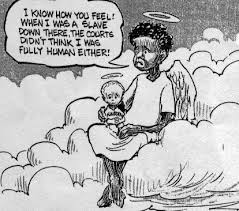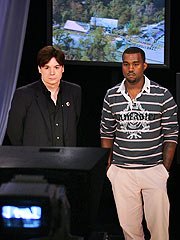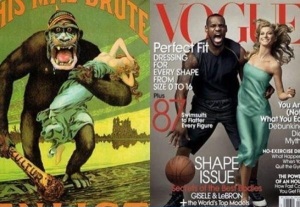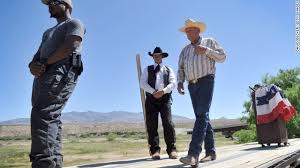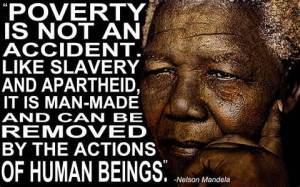By Chris Stein, Correspondent April 4, 2014
Accra, Ghana — Jimmy Thorne says that relocating to Ghana is one of the best moves he’s ever made.
It doesn’t matter if he, an African-American, gets called “obroni,” the local word for white person, in the streets, or if some of his family can’t quite figure out what he’s doing in this West African nation so far from his roots in North Carolina.
In his eight years in Ghana, he has found his wife, reconnected with God, and even manages to play golf daily. Ghana is home to him now.
“Once you accept it as your home, why wouldn’t you stay in your home?” Mr. Thorne said. “This is where we come from originally, so maybe that’s why we’re here. Maybe it’s divine providence.”
Whether motivated by love, money, or the desire to rekindle a long-lost connection, black repatriation to Africa remains alive and well, even if it never quite became the high-volume, emotional return to African roots that initially captured the imagination of black intellectuals and celebrities like boxer Mohammad Ali decades ago.
Some 3,000 African-Americans live in this country of 25 million, according to the African-American Association of Ghana. Their migration is more a trickle than a flood, attracting mostly retirees who want to start charities, rediscover their roots, or simply relax, the association said.
Ghana has become the destination of choice for African-Americans looking for a spiritual home, if not an ancestral one, on the African continent.
“Wherever it is that we find ourselves, in Africa is where we should be,” says Imahkus Okofu, who moved to Ghana from New York City 24 years ago and now runs a health spa and has authored books on repatriation. “Whether we come from Sierra Leone or Ghana, or wherever, we are the result of the transatlantic and European slave trade.”
Ghana’s government has met the African-American embrace of its country cautiously.
Former Ghanaian President Jerry Rawlings passed legislation to grant an indefinite residence permit for people of African descent, and the country recently set up a new bureau to harness the country’s diaspora, including African-Americans, for development.
But African-Americans complain that it’s basically impossible to get that permit. Many add that the reception they receive from Ghanaians is less of brotherly embrace and more of puzzlement as to why they’d want to move to a place like Ghana, which has seen rapid economic growth in recent years but still struggles with widespread poverty.
“They don’t quite understand why we would leave America and come to Ghana, to suffer, as they think,” Mrs. Okofu says.
Since the 19th century, African-Americans have moved back to the continent in fits and starts.
Liberia was created in the 1800s century as a place for freed slaves to settle in; Jamaican activist Marcus Garvey is well known for his efforts in the early 20th century to develop the West African nation for African-Americans who wanted to move back.
The dual upheavals of the American civil rights movement and the end of colonialism in Africa saw a number of prominent African Americans move to newly independent African countries.
Controversial black power and civil rights activist Stokely Carmichael spent much of his later years in Guinea as a guest of the dictatorial President Ahmed Sékou Touré.
But it was Ghana that has consistently captured the attentions of prospective immigrants.
Author Maya Angelou lived in the capital, Accra, shortly after the UK’s Gold Coast colony became Ghana; and Martin Luther King Jr. was a guest at the country’s celebration of independence (as was then-American Vice President Richard Nixon.)
Ghana’s first president, Kwame Nkrumah, promoted the idea of African-American settlement in the country, granting NAACP founder W.E.B. Du Bois, who had settled in Ghana, citizenship in his later years.
But the halcyon idealism of Nkrumah’s early years ended rudely in 1966, when he was ousted in a military coup.
The idea of citizenship for African-Americans came back under the rule of military dictator turned democratically elected President Rawlings, who stood next to Bill Clinton at a Washington press conference in 1999 and promised to open the country to African-Americans who wanted to settle.
“Is there any reason why you should not have the right to enjoy the citizenship of where you come from?” Rawlings told reporters.
Philbert Johnson, director of Ghana’s diaspora bureau, part of the foreign ministry, acknowledged that a law is on the books to allow foreigners of African descent to settle in Ghana, but that few have successfully completed the process.
That frustrates Otis Davis, the president of the African-American Association.
After retiring and after repeated visits here, Mr. Davis moved to Ghana in 2011. He spends his time running a charity that focuses on education, and manages a few small businesses.
He says he loves the place, not just because he can live on his Social Security income, but because of the feeling of connection or re-connection that comes with living in Africa.
But he sometimes feels that Ghana doesn’t love him back.
“You find yourself as being obroni,” treated like someone with no connection to the place you live, he says. “We’re giving back to society here, but I don’t think we’re getting a fair shake.”
To change that, the African-American Association has joined forces with groups of Afro-Caribbean people and others who settle in Ghana, to push for more support from the government.
In a policy reminiscent of the Nkrumah era, Mr. Johnson of the diaspora bureau says he plans to work with African-Americans, along with more recent emigrants from Ghana.
“If you have 5,000 persons of African descent living in Ghana, you have to organize them,” Johnson says, using the ministry’s estimate of African-Americans in Ghana. “The experience they’ve [acquired] in the country that they live in can be a valuable experience for the country.”
Some prospective migrants to Ghana are dissuaded from settling by the chaotic markets and sewage-filled gutters that are part of daily life in Ghana, Thorne said. But others see opportunity.
Four months ago, Otis Davis’s son Ezra came, and decided to stay. He plans to try his hand at the jewelry trade.
“It’s not really just about the money,” Ezra Davis said. “You have the ability to create something … to contribute.”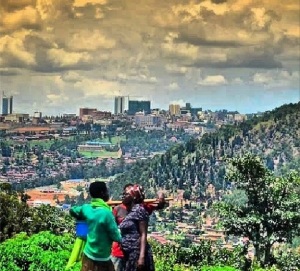
Posted in
Uncategorized and tagged
Africa,
civil rights,
equal rights,
Ghana,
human rights,
living abroad,
racism,
racist,
south africa,
womens rights,
working abroad |
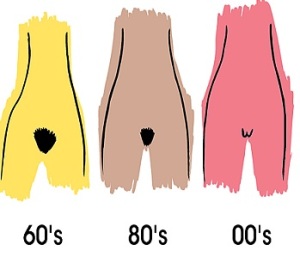 Along with the rise of womens liberation came a boom in the porn industry. Due to this industry alone, in only about a single generation, most women & men today have been conditioned to prefer ladies to be completely hairless below the waist…
Along with the rise of womens liberation came a boom in the porn industry. Due to this industry alone, in only about a single generation, most women & men today have been conditioned to prefer ladies to be completely hairless below the waist…